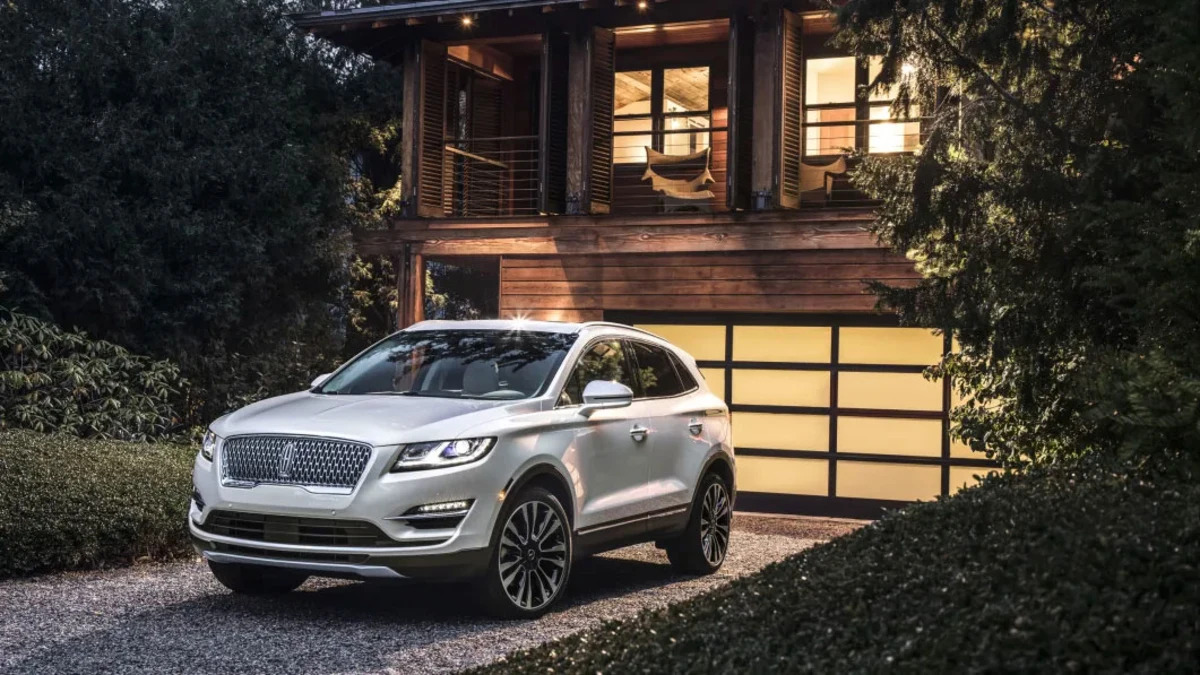I don't think I did, but maybe you were intending to discuss something else. MY point has been, that while EVs seem to need support from the government - even a little COMPULSION (as in, sorry car manufacturers but all cars after X point in time will have to be EV) - oil didn't need it to get off its feet.Way to miss the entire point.
The short answer is - I don't know - but I'll explain -If oil was and is so great (and I agree it's pretty good) why does it NEED to be so heavily subsidized? Why do I need to pay taxes so that your F350 gets cheaper fuel?
I'd say that might be an exaggeration - the way oil companies make money is not as simple as how much it cost at the pump. I know that sounds weird, but most oil companies have but a fraction of the branded stations out there - retail gas can, more or less buy from anyone. They don't make a lot on overhead, but they aren't constrained by buying American gas, either.
That said, with federal taxes on the gas products - gasoline, diesel, jet fuel - the government subsidizes about 20 billion and gets back 38 billion.
So why do you give money and then get money? To influence how they operate. That's all I can come up with.



